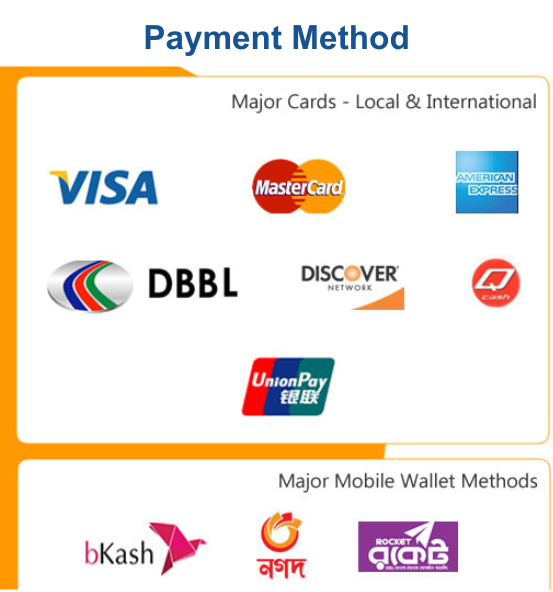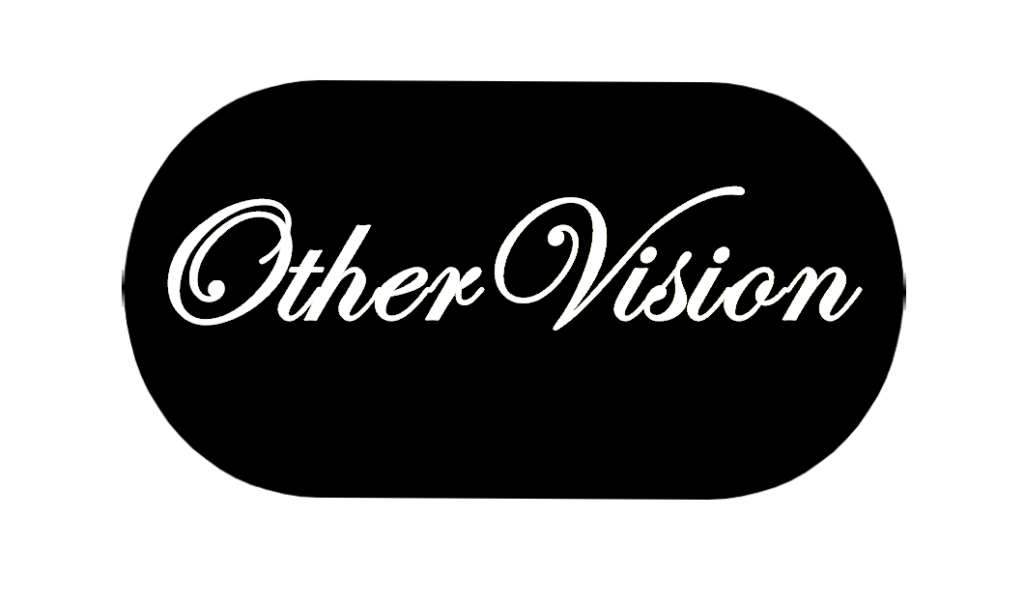Task 1 (Academic)
- You will be presented with a visual representation of data (e.g., graph, chart, table, map, or process diagram)
- Your task is to describe the key information and trends in a clear and concise manner.
- Aim for a word count of at least 150 words.
Task 1 (General Training)
- You will be asked to write a letter in response to a given situation (e.g., formal, semi-formal, or informal).
- The letter should be at least 150 words long and address all the points mentioned in the prompt.
Task 2
- You will be given an essay prompt on a specific topic.
- You need to express your opinion, present arguments, and support your ideas with relevant examples.
- The essay should be at least 250 words long.
Key Areas for Improvement
1. Task Achievement/Response
- Fully address all parts of the task prompt.
- Present a clear and relevant position in Task 2.
- Organize your ideas logically and coherently.
- Use appropriate paragraphing to structure your writing.
2. Coherence and Cohesion
- Use a variety of linking words and phrases to connect your ideas (e.g., furthermore, however, in addition).
- Ensure that your sentences flow smoothly and logically.
- Avoid repetition and use synonyms to express similar ideas.
3. Lexical Resource
- Use a wide range of vocabulary accurately and appropriately.
- Avoid informal language and slang.
- Use collocations (words that commonly go together) to enhance your writing.
4. Grammatical Range and Accuracy
- Use a variety of sentence structures (simple, compound, and complex).
- Pay attention to verb tenses, subject-verb agreement, and articles.
- Proofread your work carefully to minimize errors.
General Tips for Improvement
Planning and Organization
- Spend a few minutes planning your response before you start writing.
- Create a brief outline to organize your ideas.
- This will help you stay focused and ensure that your writing is well-structured.
Time Management
- Allocate your time wisely between Task 1 and Task 2.
- Aim to complete Task 1 in about 20 minutes and Task 2 in about 40 minutes.
- Leave some time at the end to review and edit your work.
Practice Regularly
- The more you practice, the better you will become at IELTS writing.
- Use official IELTS practice materials to familiarize yourself with the format and types of questions.
- Get feedback from a teacher or tutor to identify areas for improvement.
Seek Feedback
- Ask a teacher, tutor, or native English speaker to review your writing and provide feedback.
- This will help you identify your strengths and weaknesses and focus your practice accordingly.
Read Widely
- Reading a variety of texts (e.g., newspapers, magazines, academic articles) will expose you to different writing styles and vocabulary.
- This will help you improve your own writing skills.
Expand Your Vocabulary
- Make a conscious effort to learn new words and phrases.
- Use a dictionary or thesaurus to find synonyms and collocations.
- Practice using new vocabulary in your writing.
Focus on Grammar
- Review the key grammar rules for IELTS writing.
- Practice using different sentence structures and verb tenses.
- Use online grammar resources and exercises to improve your accuracy.
Proofread Carefully
- Always leave some time at the end to proofread your work.
- Check for spelling, grammar, and punctuation errors.
- Make sure that your writing is clear and easy to understand.
Specific Tips for Task 1 (Academic)
- Analyze the visual information carefully before you start writing.
- Identify the key trends and patterns.
- Use appropriate vocabulary to describe the data (e.g., increase, decrease, fluctuate, remain stable).
- Use a variety of sentence structures to avoid repetition.
- Include an overview paragraph to summarize the main findings.
Specific Tips for Task 1 (General Training)
- Read the prompt carefully and identify the purpose of the letter.
- Use the appropriate tone and level of formality.
- Address all the points mentioned in the prompt.
- Organize your letter into clear paragraphs.
- Use a closing paragraph to summarize your main points.
Specific Tips for Task 2
- Brainstorm ideas and arguments before you start writing.
- Develop a clear thesis statement that expresses your main point.
- Support your arguments with relevant examples and evidence.
- Use a variety of sentence structures to keep your writing interesting.
- Conclude your essay by summarizing your main points and restating your thesis.
Next Step IELTS Resources
- Next Step IELTS offers a range of resources to help you improve your writing skills.
- These include online courses, practice tests, and personalized feedback.
- Take advantage of these resources to accelerate your progress.
Conclusion
Improving your IELTS writing skills takes time and effort, but it is definitely achievable. By following the tips and strategies outlined in this guide, you can increase your chances of success on the IELTS exam. Remember to practice regularly, seek feedback, and focus on your areas of weakness. With dedication and perseverance, you can achieve your desired score.
Additional Tips
- Use official IELTS practice materials: These materials are designed to reflect the actual test format and difficulty level.
- Join an IELTS study group: Studying with others can help you stay motivated and get valuable feedback.
- Consider taking an IELTS preparation course: A course can provide you with structured guidance and support.
- Don’t give up: Even if you find IELTS writing challenging, keep practicing and you will see improvement over time.
Remember, the key to success is consistent practice and a willingness to learn. Good luck on your IELTS journey!
I hope this comprehensive guide proves helpful. Feel free to ask if you have any further questions.


